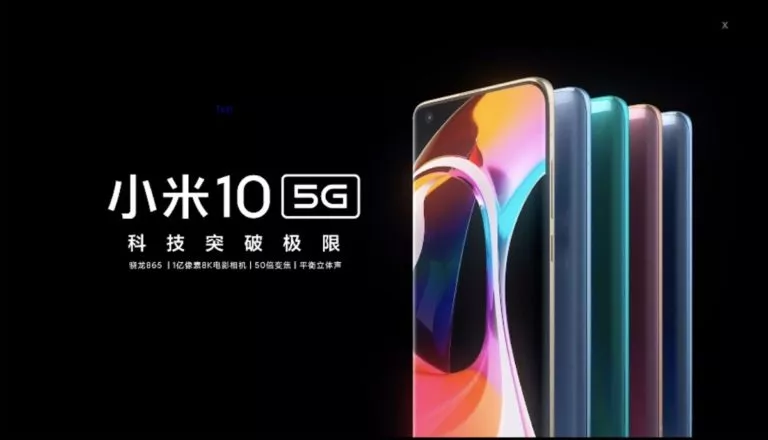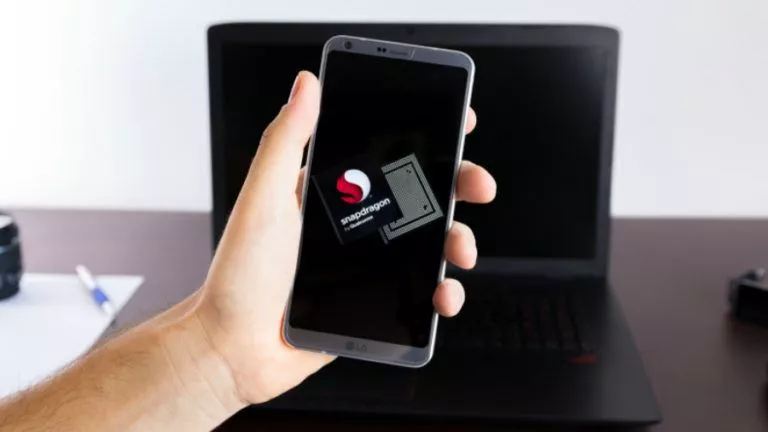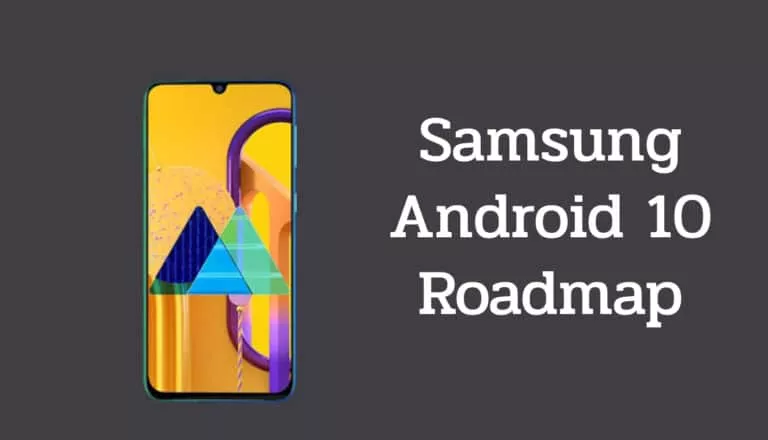Research Shows How You’re Paying For The Free Apps You Use
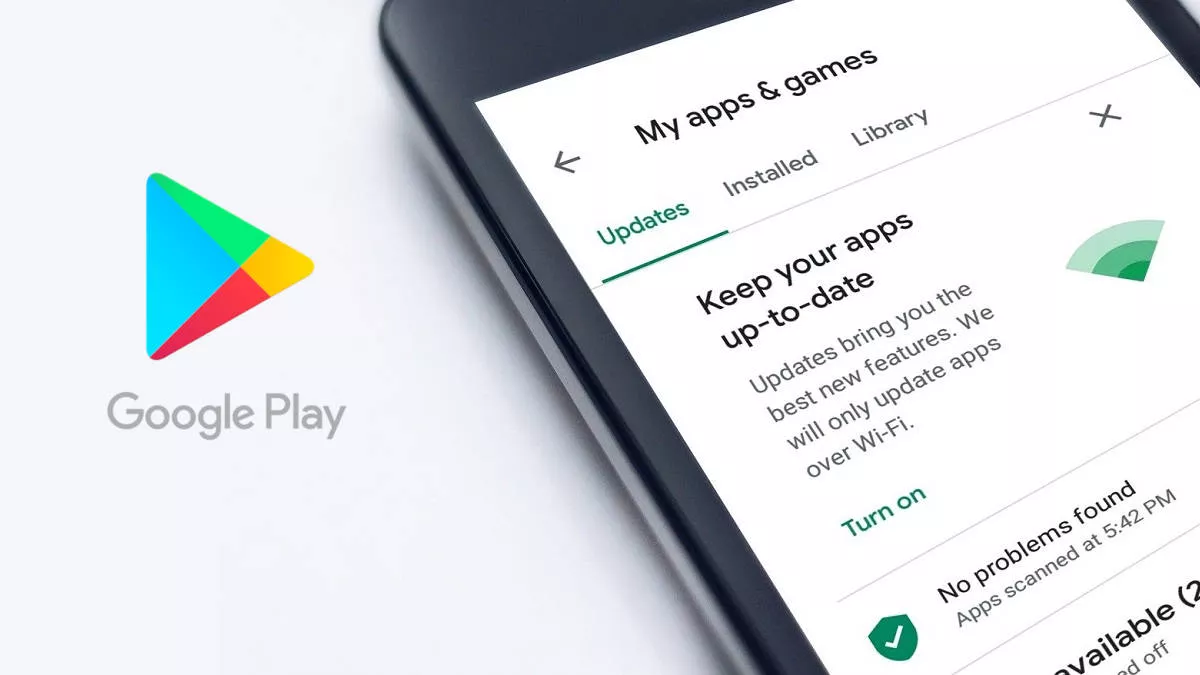
Even in 2022, not many smartphone users are concerned about their privacy. Free apps are available in abundance on the Play Store which displays ads in between to generate revenue. But that is a very small portion of how the majority of app developers make money. Data is the new oil and app owners are keen on accumulating it from the users.
A study by Incogni reveals how these apps collect data and use it without permission from users. Despite reformed Google Play Store guidelines, there is still a vast majority of apps that keep users in the dark about data collection and misuse.
What does the study by Incogni reveal?
The first major finding is that free apps are more prone to sharing data with third parties. It could be seven times as compared to a paid app. On top of that,13.4% of apps share users’ locations with third parties. The worst category is shopping apps which tend to share an average of 5.72 data points.
In a nutshell, 1 out of 2 apps on the Play Store shares your personal data with third parties without approval. Another major concern is the encryption of the collected data. Almost 5% of the apps do not encrypt your data in transit.
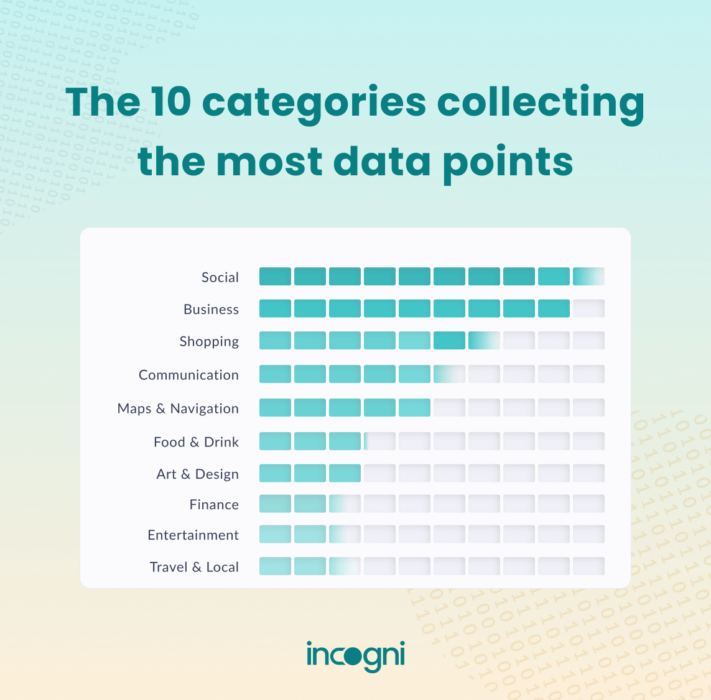
Transit refers to the transfer of details from your phone app to the server, during which anyone could intercept the communication and see the details. Less than half of apps declare that their data is encrypted in transit on the details page.
Personal data collection is a nuisance but app developers use it. If the user disagrees, they either limit the access to the app or bombard the app screen to force the user to agree to it. Moreover, the study reveals that only 39% of apps provide a way for you to request data removal from their servers. On the other hand, 10% claim that deletion is not possible.
Only 0.8% of app developers agree to a third-party audit which proves that most apps are using codes to collect and track users without their permission. Then they sell the data to third parties for money. Google Play Store policies were set to change a lot of things but if the developers are dishonest, it leaves no choice for the users.
Labels not enough
Despite the iOS-styled privacy labels, Google or Android does nothing to keep user data out of the hands of privacy-intrusive apps. Apple gives users a choice of opt-in to cross-app tracking, but Google itself uses tracking so it doesn’t completely get rid of it.
So clearly, privacy labels mean nothing until Android gets better privacy and data protection. What do you think about it? Do let us know in the comments.


